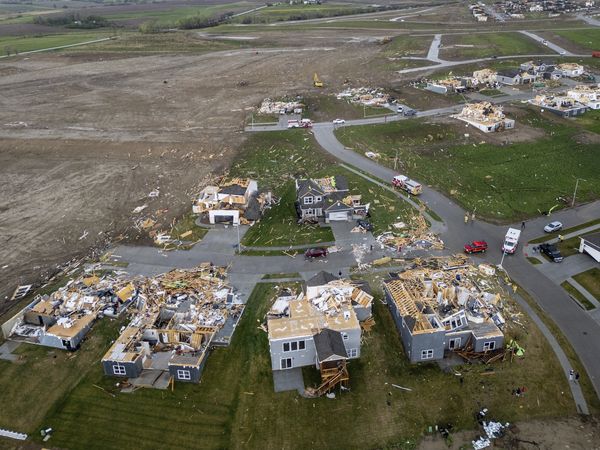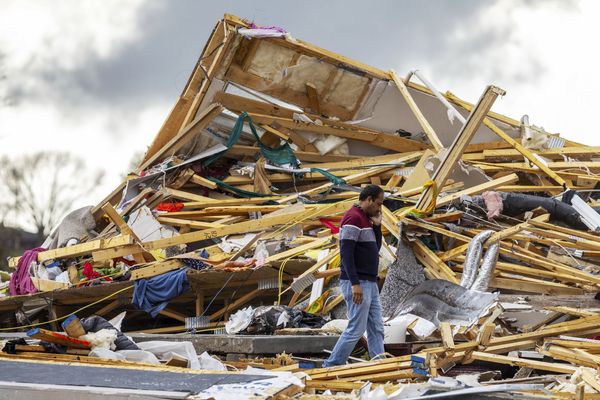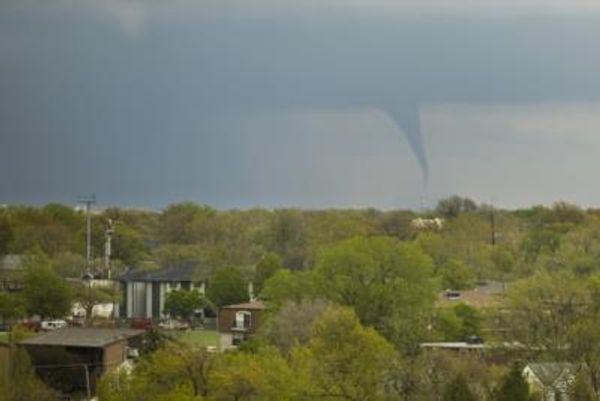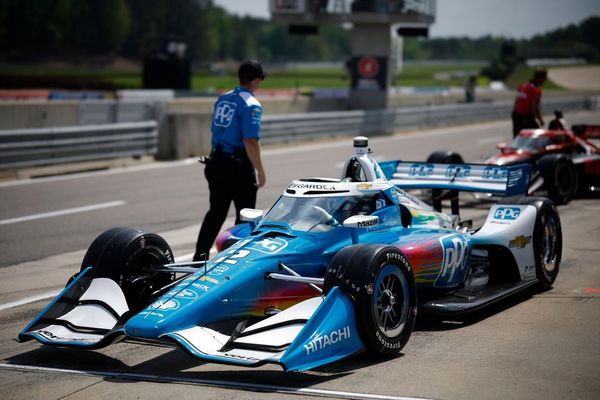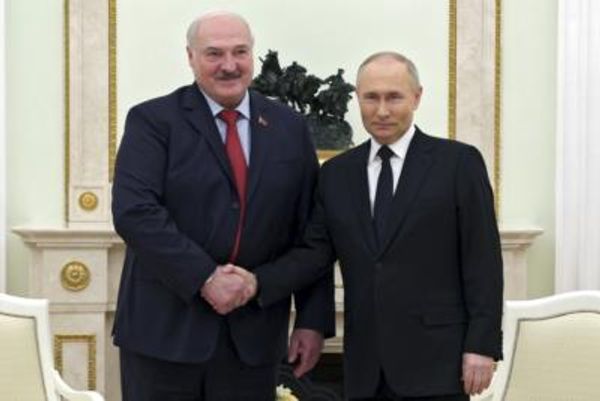
Over the weekend Melbourne was deluged with fans from across the country and even New Zealand, as global pop phenomenon Taylor Swift jetted into town for one of the largest music tours in history. Yet even as Swift took the stage at a sold-out MCG, the local industry was struggling with the news that yet another festival had been forced to cancel its 2024 edition.
The scale of the Swiftmania is hard to wrap your head around. Melbourne’s hotels are full and Tullamarine Airport had its biggest day since the pandemic. Even my small town on the highway between Melbourne and Adelaide was full of South Australian Swifties on Sunday, on their way home from Swift’s Saturday night concert.
The enthusiasm underlines a structural shift underway in the Australian music sector. While international superstars are selling out Australia’s largest stadium venues, local acts and promoters are struggling to find audiences and sell tickets.
The most recent example of this came last week, when regional music festival Groovin the Moo was cancelled. The long-running event, which was to include a series of six regional music events — in centres including Bunbury, Bendigo, Newcastle and the Sunshine Coast — pulled the plug citing poor ticket sales.
Groovin the Moo is just one of a string of music festivals that have been shuttered or postponed in the past couple of years, including Falls Festival, Dark Mofo, Vintage Vibes, Tent Pole and the Wangaratta Jazz and Blues Festival. The trend has already spurred a series of postmortems.
Industry insiders describe a complex interplay between spiralling costs and uncertain demand.
The Australian Festival Association’s Mitch Wilson told Crikey that demand dynamics remained unpredictable coming out the pandemic, and also cited ongoing supply chain disruptions and the increased cost of transport, production and a labour shortage among backstage crew.
“The low Aussie dollar is making it more expensive to book international acts,” he said. “In NSW, the cost of police is crippling.”
“It almost seems like you have to sell out to break even.”
On the other hand, “festivals with loyal audiences and core genres seem to be doing okay”. Wilson points to the success of Victoria’s stalwart Meredith Music Festival, country festival CMC Rocks and brisk sales for electronic events like Pitch and Strawberry Fields.
Music Victoria’s Simone Schinkel agreed. “The general consensus that we’re picking up is that festivals are not able to secure the headline acts to sell the tickets to pull the people.” Schinkel says big international acts are now much more likely to stage big tours of their own.
Meanwhile, local venues are doing it tough. Royalty agency APRA AMCOS released research last year showing that one-third of live music venues closed during the pandemic period.
“They’re the canaries in the coalmine,” Schinkel said. “Lots of the smaller venues have challenging business models on a good day, just because of the number of people they can get through the door. When things tighten up, they’re the ones who feel it first.”
Melbourne music advocate Paris Martine books acts at Howler and the John Curtin Hotel. “It’s not just the cost of living crisis hitting small live music venues in the guts,” she told Crikey. “It’s the huge insurance hikes, increased taxes on everything from alcohol to land taxes, liquor licensing and music licensing fees. The costs are not in line with the level of risk our businesses pose, or our ability to pay.”
Wilson argues that many domestic artists have been over-exposed during a long period of pandemic border closures. “A lot of those artists have been booked a lot over the past few years.”
“Audiences can see line-ups for overseas festivals, and they want something similar for festivals here.”
Q Music’s Kris Stewart points out that Australia is struggling to produce really big acts that can fill big venues. “Have we really broken a big Australian artist since Tones and I?”
This week, Greens Senator Sarah Hanson-Young called for another federal stimulus for the festivals sector. “The addition of Groovin the Moo to the growing list of festival cancellations is another major blow to the live music industry in Australia,” Hanson-Young said, adding she would write to Arts Minister Tony Burke to ask for “another round of live music grants through the May budget”.
For her part, Martine points to the irony of an industry struggling to break big new local acts at the same time that grassroots music venues are in deep trouble. She calls for policy interventions including land tax concessions, “tax offsets similar to those used in the screen industry”, and for governments to step into the public liability insurance market to “provide cover where the market has failed”.
“Groovin the Moo has been around since 2005.”
“If a festival of that size and following is cancelling, then we’re in trouble. Government must step in and help us survive, or we could lose our favourite cultural events forever.”
“That’ll make it even harder for future Australian artists to get discovered and break in our globalised music industry.”
Should the government be doing more to support the local music scene? Let us know your thoughts by writing to letters@crikey.com.au. Please include your full name to be considered for publication. We reserve the right to edit for length and clarity.
